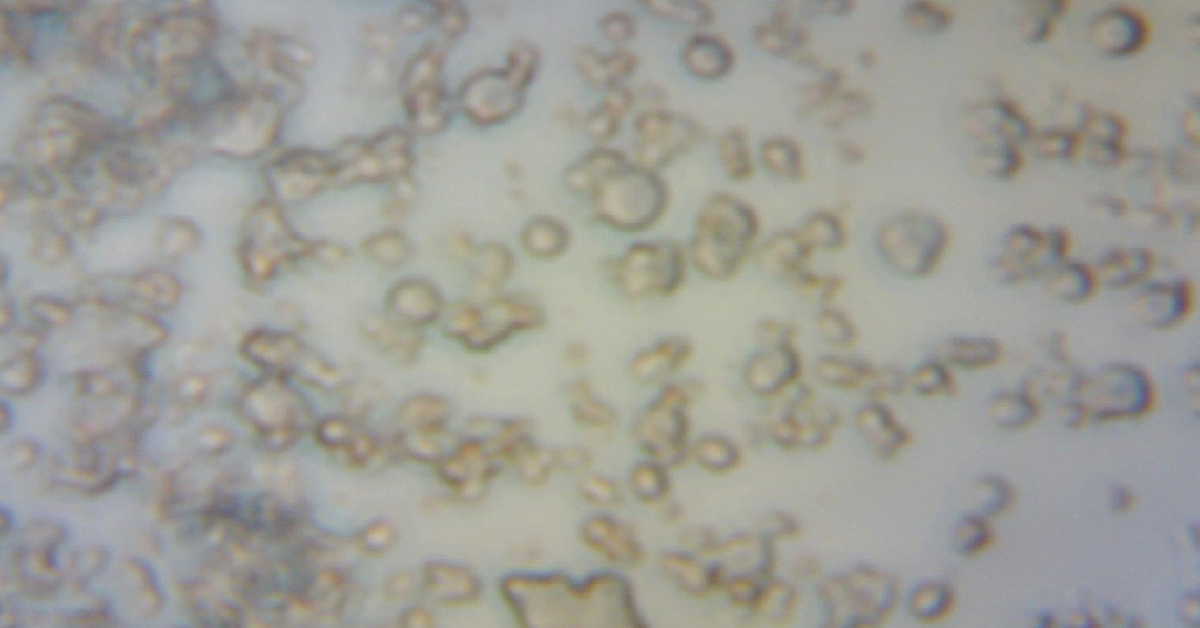There are certain things that we use in the kitchen and we really appreciate the technology behind them. Included in the mix are nonstick pans, and many of us have fallen in love with the fact that we can cook on these pans, even without the use of oil.
According to Flinders University, researchers in Australia, however, have conducted a study that shows that even a small crack in a Teflon-coated pan could release plastic particles. How many? That small crack could release up to 9100 of those particles and they could end up in your food.

Thanks to algorithmic modeling and Raman imaging, the broken coating was identified as the culprit. If the coating was broken, some 2.3 million microplastics and nano plastics could be released.
To break it down to an even more understandable level, a microplastic is defined as something that measures less than 5 mm. Nano plastics measure less than 1 micrometer.
An author of the study, Dr. Cheng Fang of Flinders University, said: “The non-stick coating material Teflon is generally a family member of PFAS.” He went on to say that PFAS is a big concern and that the microparticles that are left behind in our food could be a serious health concern.

As reported by FOX 5, Fang and his team tested 6 different pots and pans that contain Teflon nonstick surfaces. They were both new and used. In the study, they did their best to mimic the cleaning and cooking process but they didn’t use any food or oil.
They also used other tools while going through the process, including a barbecue clamp, a wool scrubber made of stainless steel, a wooden spatula, and a steel spatula.

Fang said the particles could also be released over time, even if there wasn’t damage to the cookware. As a result, warnings are going out to choose the proper utensils so that contamination can be kept to a minimum.
Perhaps one of the more disturbing revelations was something that was already known, that PFAS is a type of “forever chemical” that could take up to thousands of years to naturally break down in the environment. They can also be persistent in the human body, leading to health concerns.













